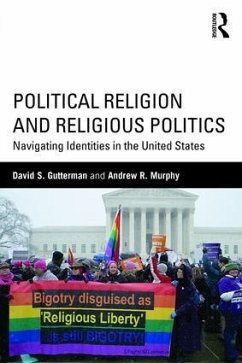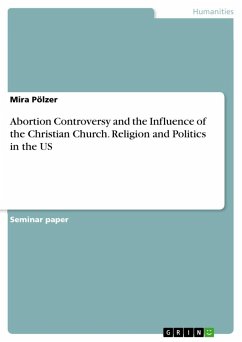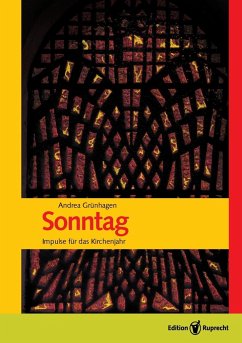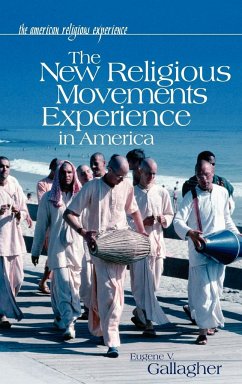
Migration and Faith
The Migrations of the Schwenkfelders from Germany to America - Risks and Opportunities
Übersetzung: Viehmeyer, L. Allen

PAYBACK Punkte
0 °P sammeln!
Migrations are a phenomenon that can be traced back to the beginning of the history of mankind. In modern times, especially in the eighteenth and nineteenth centuries, numerous migration movements took place from Europe to North America. It was also at this time that the migrations of the Schwenkfelders, followers of Caspar Schwenckfeld?s teachings, from Silesia - then belonging to the Austrian Habsburg Monarchy - to Pennsylvania took place. On the basis of their spiritualistic theology as well as their intense, personal piety, they rejected some essential doctrines of Christianity and ecclesi...
Migrations are a phenomenon that can be traced back to the beginning of the history of mankind. In modern times, especially in the eighteenth and nineteenth centuries, numerous migration movements took place from Europe to North America. It was also at this time that the migrations of the Schwenkfelders, followers of Caspar Schwenckfeld?s teachings, from Silesia - then belonging to the Austrian Habsburg Monarchy - to Pennsylvania took place. On the basis of their spiritualistic theology as well as their intense, personal piety, they rejected some essential doctrines of Christianity and ecclesiastical institutions. Therefore governmental and ecclesiastical authorities meted out severe punishments to them. However, it was not until the establishment of a Jesuit Mission for their catholicization in 1719 that more than two hundred of them left Silesia for the sake of their faith. They emigrated first to the Electorate of Saxony and several years later to Pennsylvania, where they settled scattered widely northwest of Philadelphia between 1731 and 1737. In this multireligious, multicultural, and multiethnic English colony they become acquainted with other religious beliefs and forms of piety. Here, moreover, they were challenged by other social, political, and cultural circumstances. This monograph is the first to pursue, in detail, the effects of these acquaintanceships and challenges on the faith of the Silesian refugees. These effects ranged - as becomes clear - from declines and multifarious alterations (modifications, changes, or even revisions) to the strengthening and deepening of their traditional faith and piety. However, the study shows, for most of the Schwenkfelders the migrations did not primarily involve risks. Rather they opened up great opportunities for their religious development and their individual and community life. Without doubt, the Schwenkfelder migrations are characterized by uniqueness; nevertheless certain features can also be detected in other religious migrations. Therefore their migrations represent in certain ways a paradigm, for this time and beyond.
Dieser Artikel kann nur an eine deutsche Lieferadresse ausgeliefert werden.













